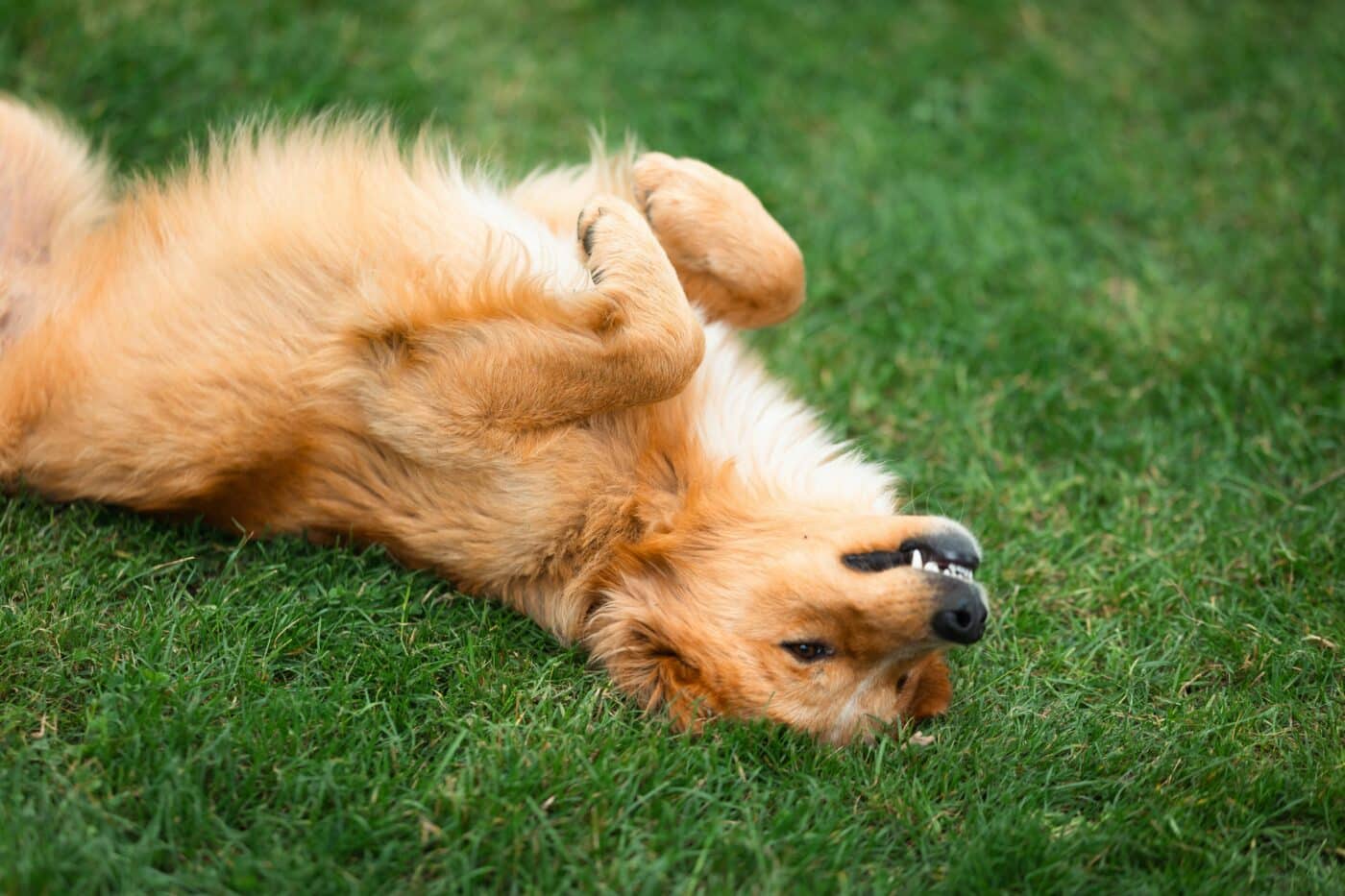 Shutterstock
Shutterstock
Anyone who has spent time with a dog has likely witnessed the odd behavior of rolling in something foul-smelling, whether it’s mud, manure, or even decaying matter. It’s perplexing and far from pleasant for us, but for dogs, there are reasons—often tied to their instincts and history—that explain this seemingly bizarre act. While it may seem disgusting to humans, rolling in smelly things is deeply embedded in a dog’s natural instincts. Understanding these surprising reasons helps explain why dogs engage in this peculiar habit.
Instinctive Camouflage
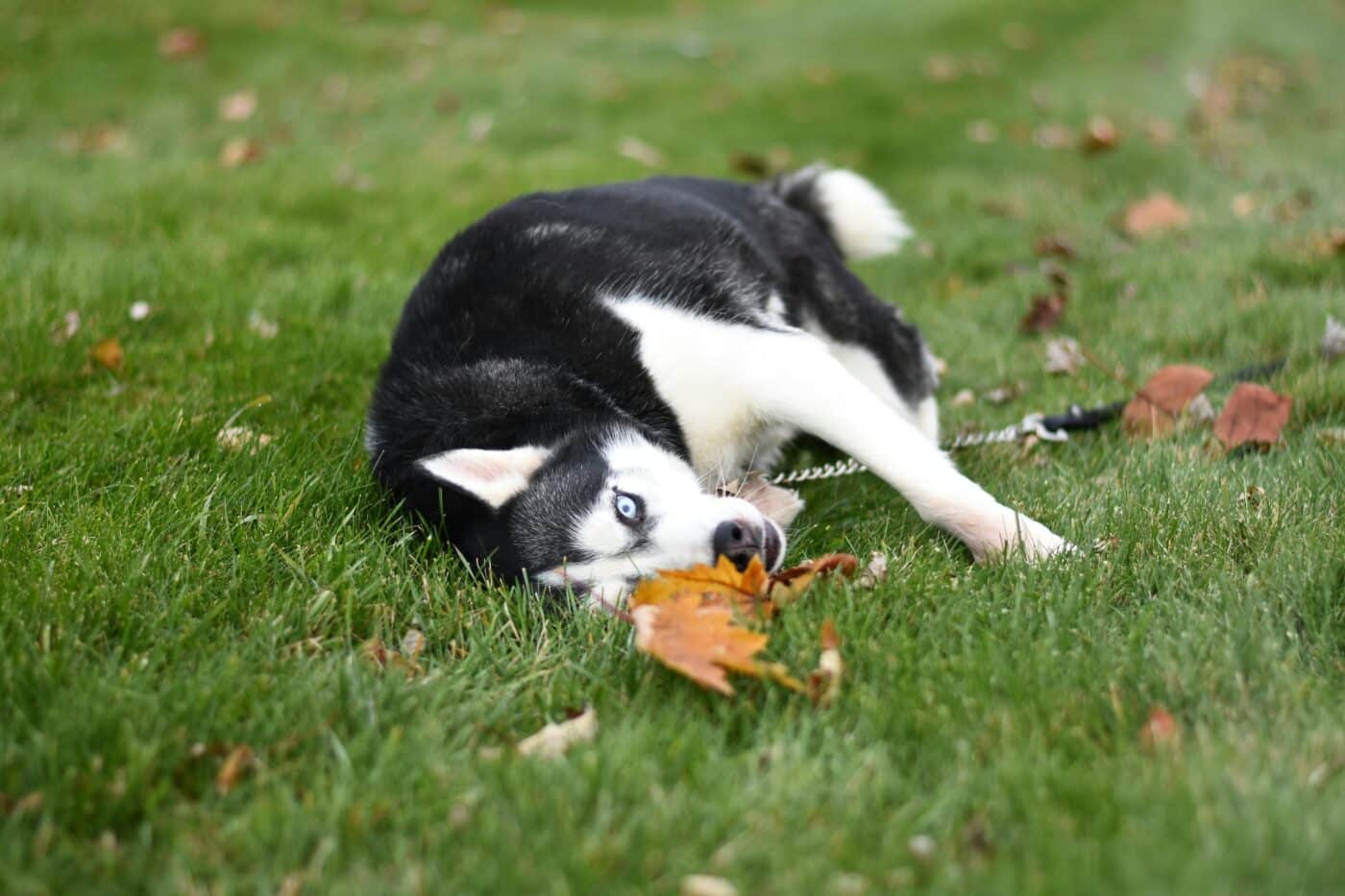 Shutterstock
Shutterstock
One of the most surprising reasons dogs roll in smelly things is linked to their ancient survival instincts. In the wild, wolves and wild dogs would roll in strong-smelling substances like carrion to mask their own scent. This behavior allowed them to blend into their environment, making it easier to approach prey without being detected. Even though domesticated dogs no longer need to hunt, this instinctual behavior persists. By masking their scent with strong odors, dogs are fulfilling a deep-seated drive that harks back to their wild ancestors.
Marking Territory with Scents
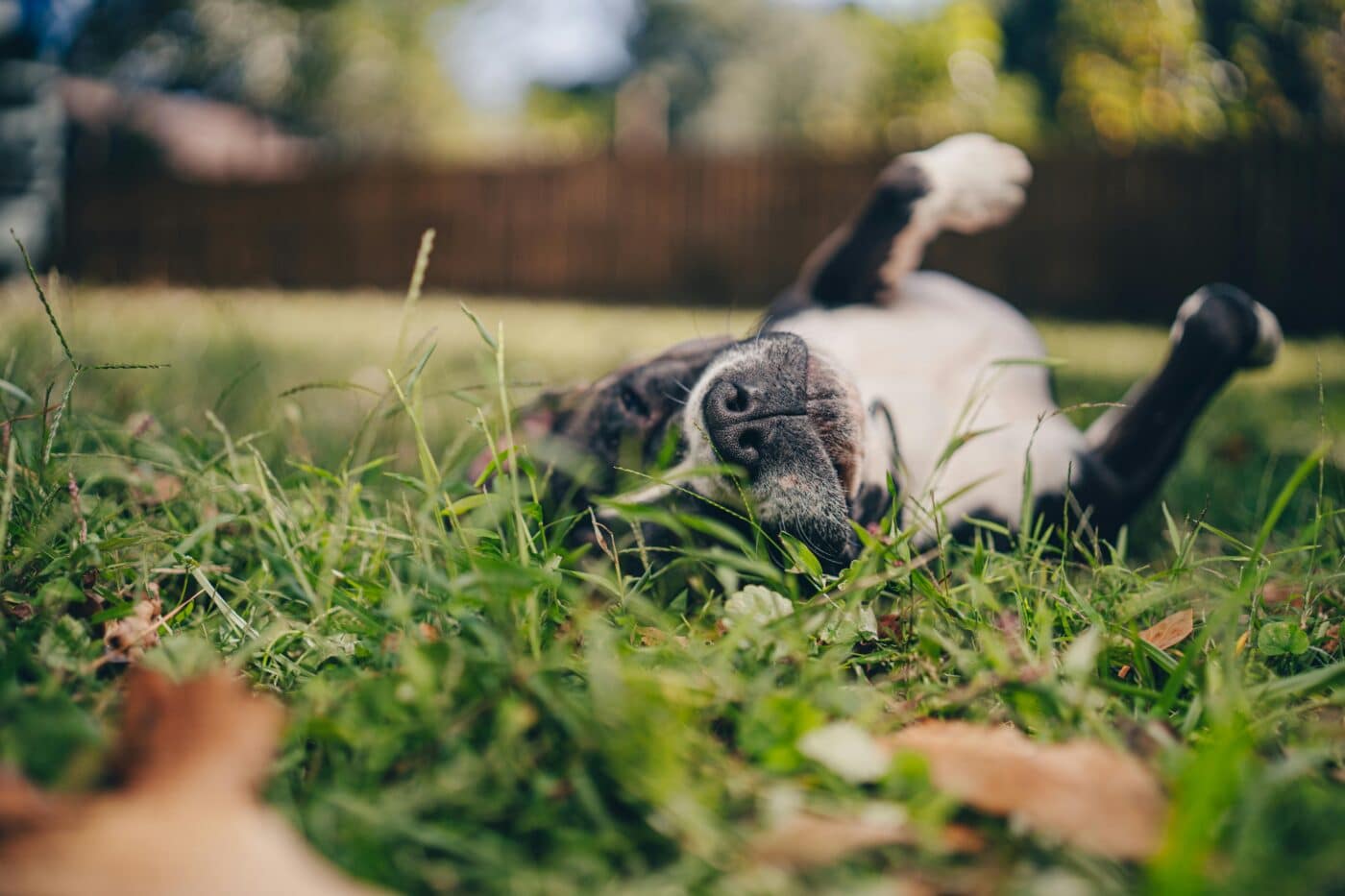 Shutterstock
Shutterstock
Dogs are naturally territorial creatures, and scent plays a major role in communicating with each other. Rolling in smelly things can be a way for dogs to mark their territory. By covering themselves in strong, distinct smells, they leave their scent behind in the environment. This behavior may signal to other dogs or animals that the area belongs to them. While it may seem odd to us, it’s a form of communication for dogs and is part of how they assert their presence in their surroundings.
Sharing Information with the Pack
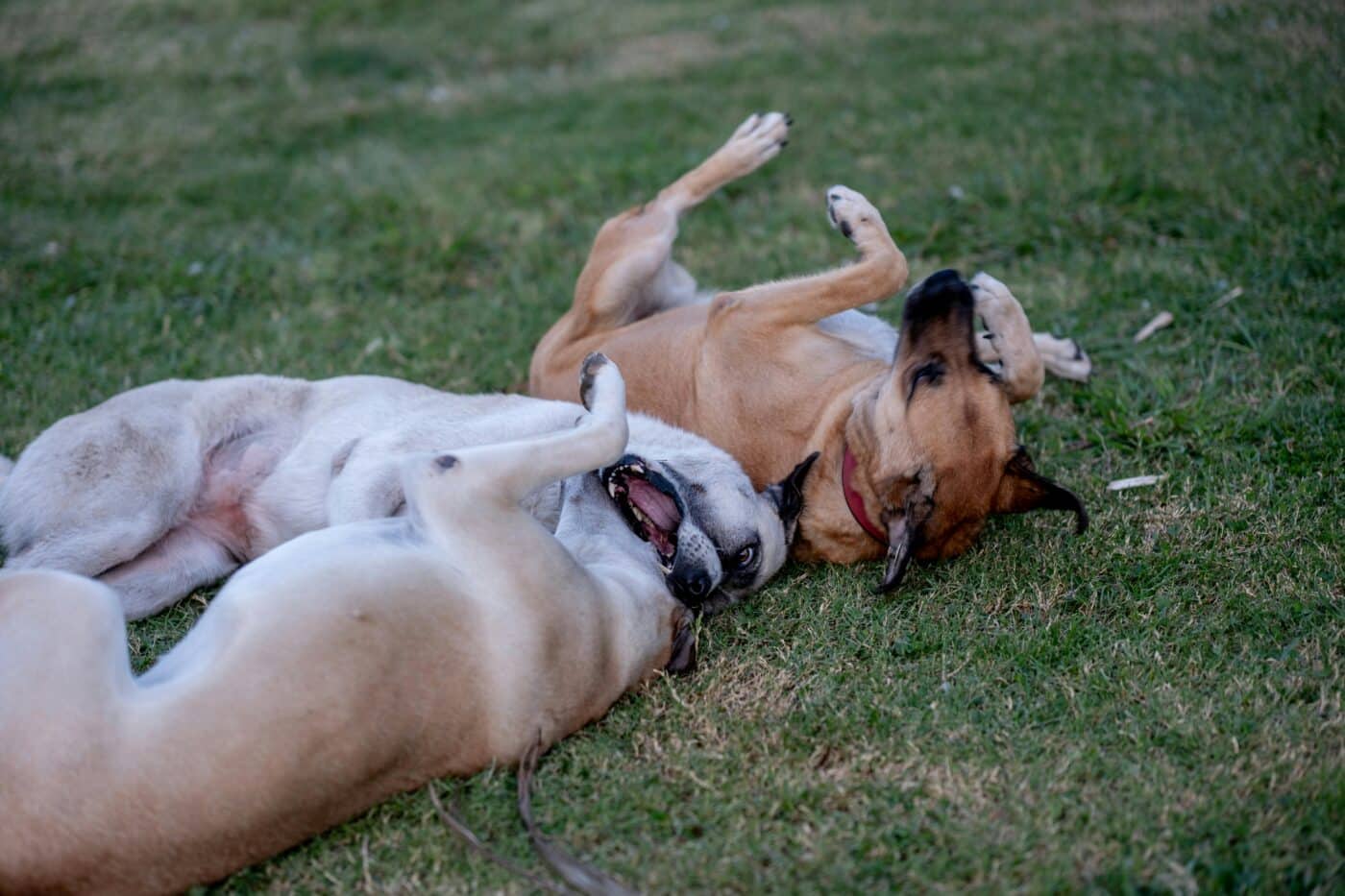 Shutterstock
Shutterstock
In the wild, wolves and dogs are pack animals that rely on communication to survive. Rolling in strong-smelling substances allowed them to return interesting or useful information to the pack. For example, if a wolf found a new food source or encountered another animal, rolling in that scent would communicate this information to the rest of the group. Domesticated dogs may no longer live in packs, but this behavior persists. By rolling in smells, they share their “find” with their human family, mimicking the instinct to return information to the pack.
Showing Off Their Discoveries
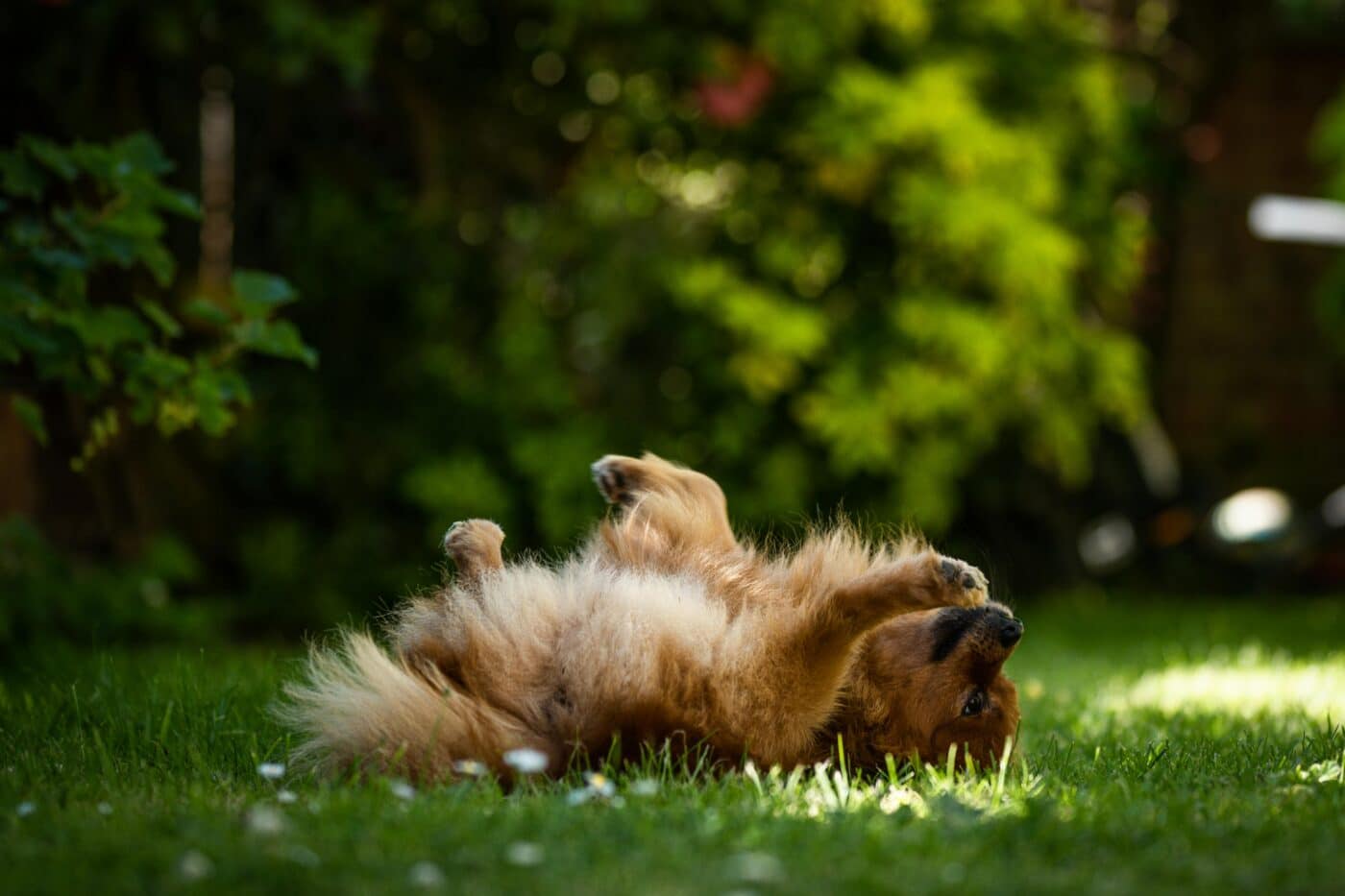 Shutterstock
Shutterstock
Dogs are naturally curious and love to explore their environment. When they find something interesting, like a strong smell, they may roll in it to show off their discovery. This behavior can be likened to how humans might share something they find exciting or unusual. Rolling in a pungent odor is their way of displaying that they’ve found something noteworthy. They may feel proud of their discovery, even though their owners may not share the same enthusiasm for the scent they bring home.
Satisfying an Urge for Stimulation
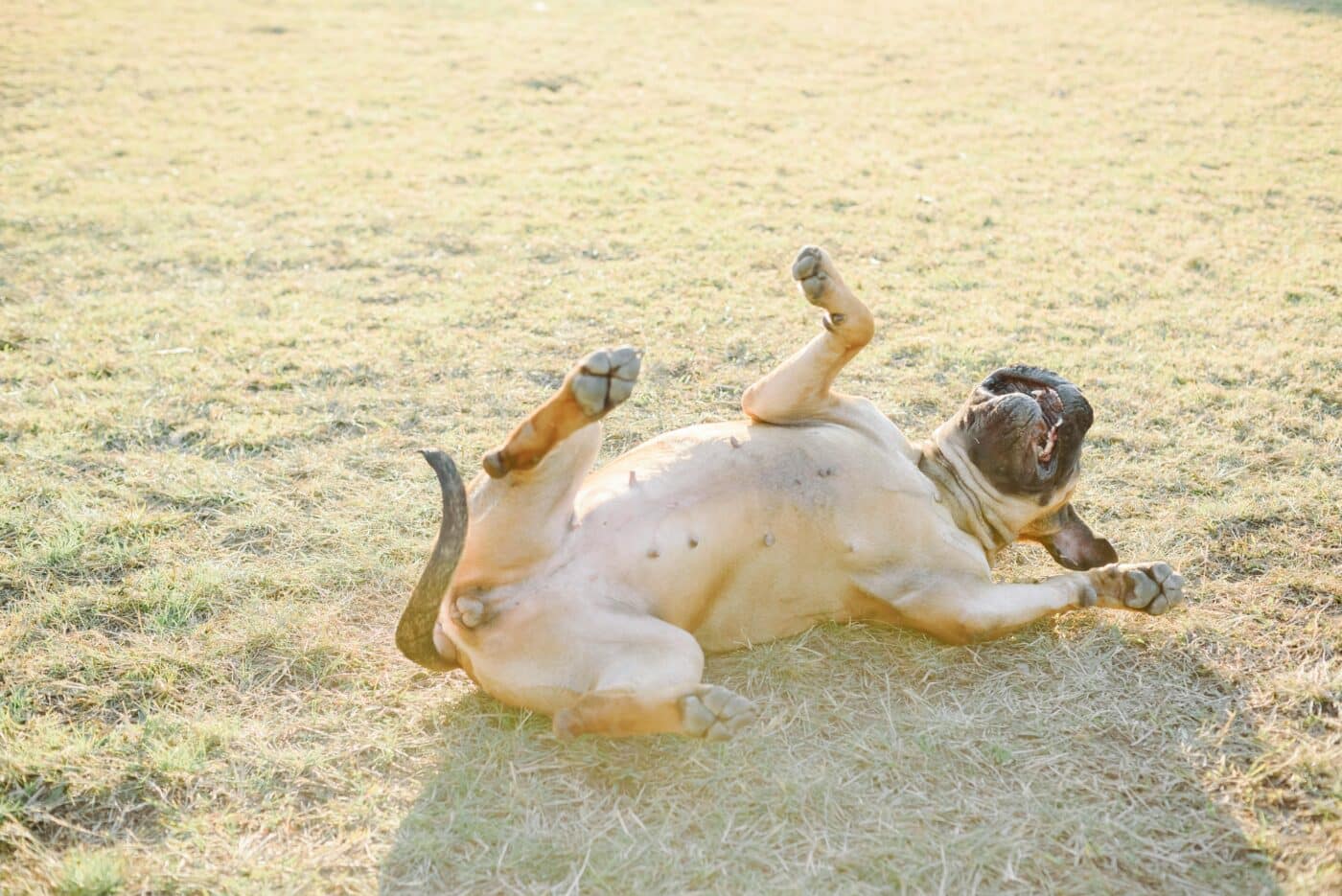 Shutterstock
Shutterstock
Dogs, especially high-energy breeds, crave mental and physical stimulation. Rolling in smelly things may simply be a way to engage their senses and satisfy this urge. The experience of moving in new or strong scents provides sensory stimulation that they find rewarding. Whether it’s the texture, smell, or even the feel of the material they’re rolling in, this behavior is a way for dogs to engage their minds and bodies. For some dogs, rolling in smelly things is just another form of play that allows them to release pent-up energy.
Exploring Their World
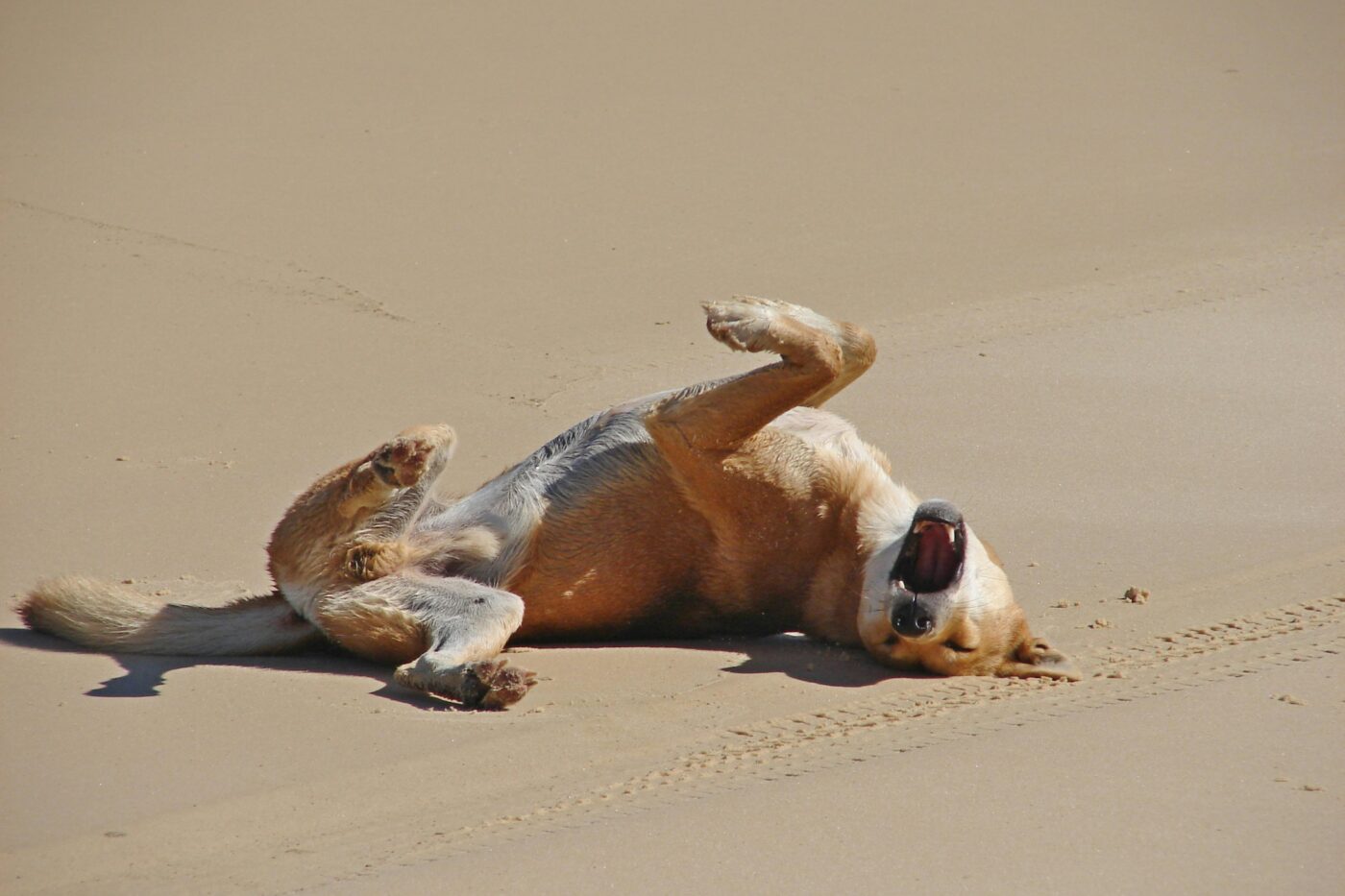 Shutterstock
Shutterstock
Dogs use their noses to explore the world around them, and rolling in smelly substances is another way to interact with their environment. Smells provide valuable information about their surroundings, and moving in strong odors can be a way for them to fully immerse themselves in the experience. By covering themselves in these smells, dogs deepen their understanding of the world around them. It’s their version of interacting with their environment on a sensory level, making this behavior a natural extension of their curiosity.
Attracting Attention
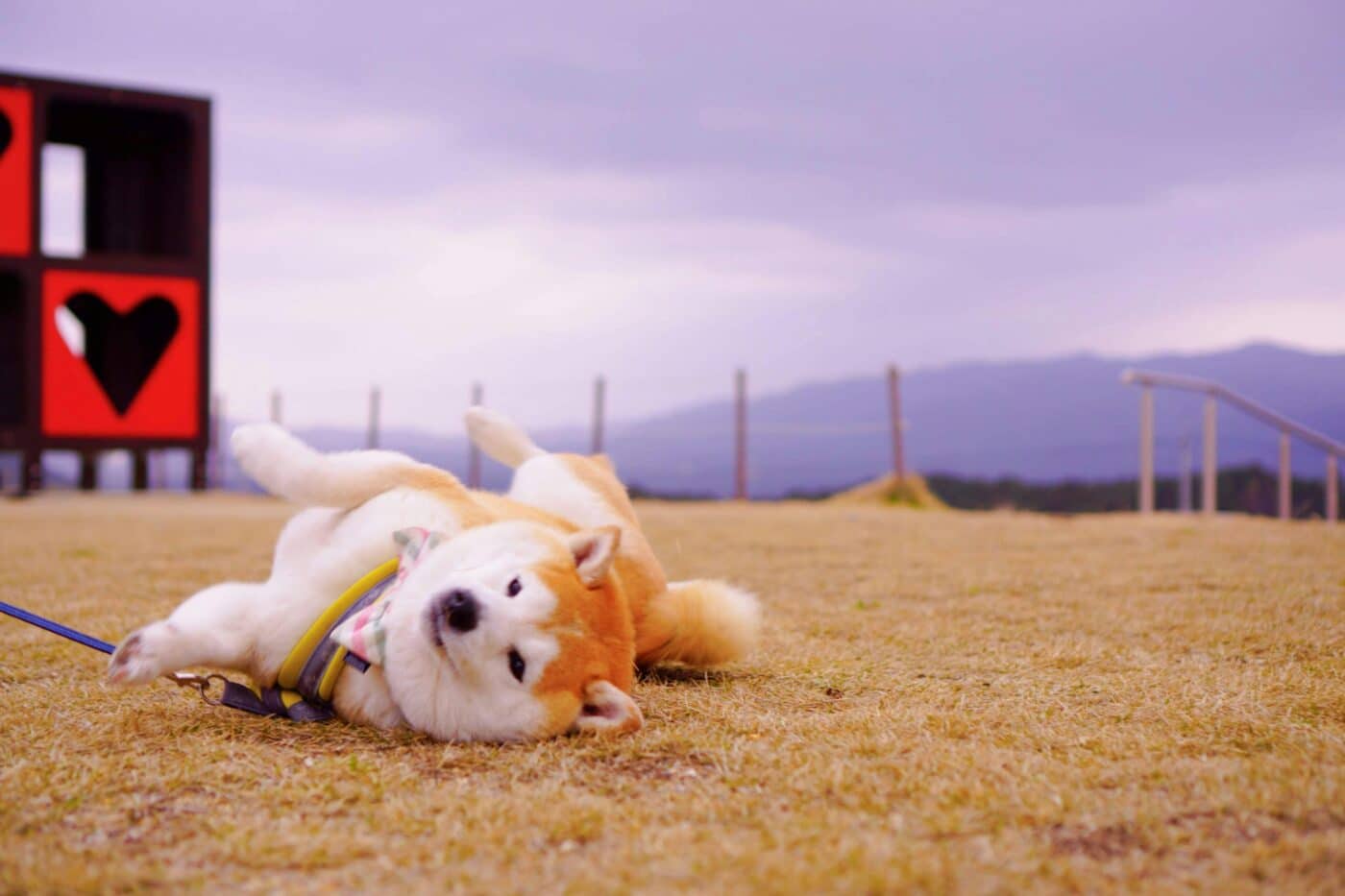 Shutterstock
Shutterstock
Sometimes, dogs roll in smelly things simply to get attention from their owners. While the behavior may seem unpleasant, ignoring a dog that has just rolled in something foul is hard. For dogs that crave interaction or are feeling neglected, this behavior may be a way to prompt their owners to pay attention to them, even if it results in a bath. Rolling in a strong odor guarantees that their owner will respond through scolding or cleaning, which may fulfill the dog’s need for attention.
Enjoying the Scent
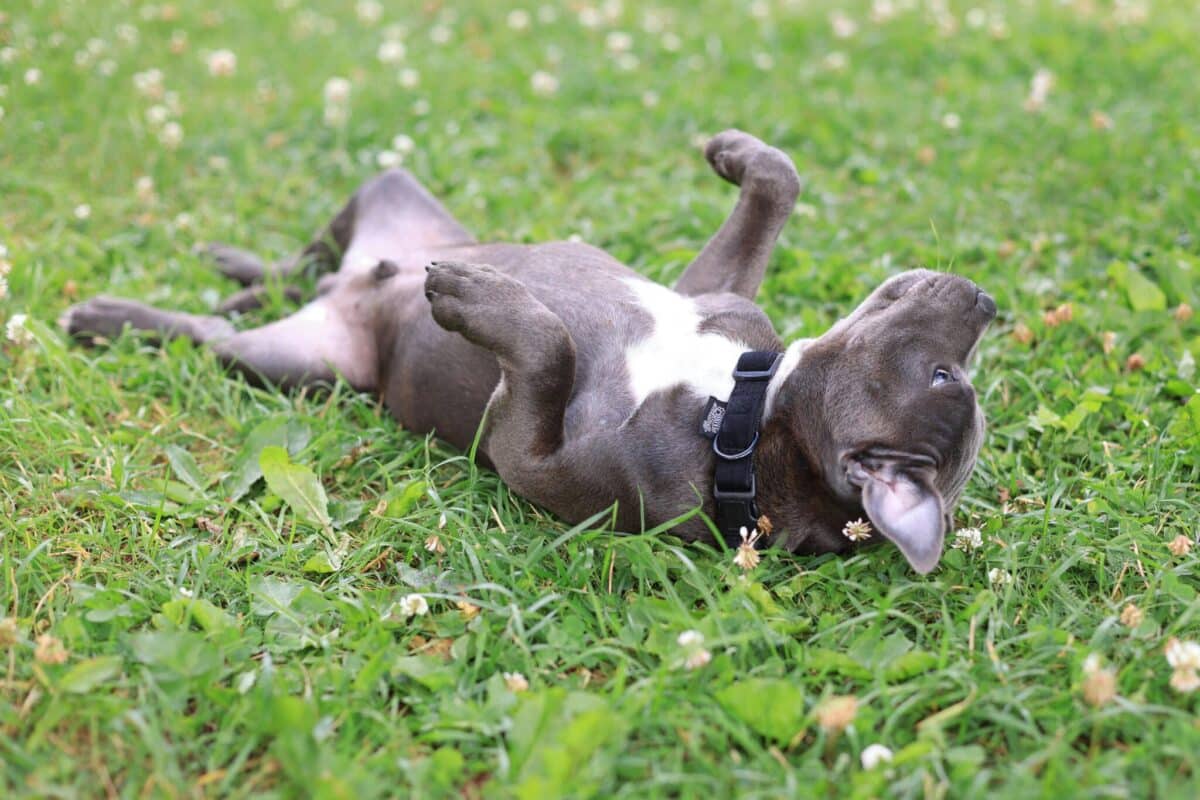 Shutterstock
Shutterstock
As much as humans enjoy pleasant scents, dogs have their own preferences regarding smells. What may smell foul to us could be incredibly appealing to dogs. Their sense of smell is far more sensitive than ours, and they often find strong, earthy, or musky scents enjoyable. Rolling in these smells allows them to experience and indulge in the odors they find appealing. To a dog, a smelly substance might be the equivalent of a human enjoying a favorite perfume or cologne.
Instinct to Cover Their Own Scent
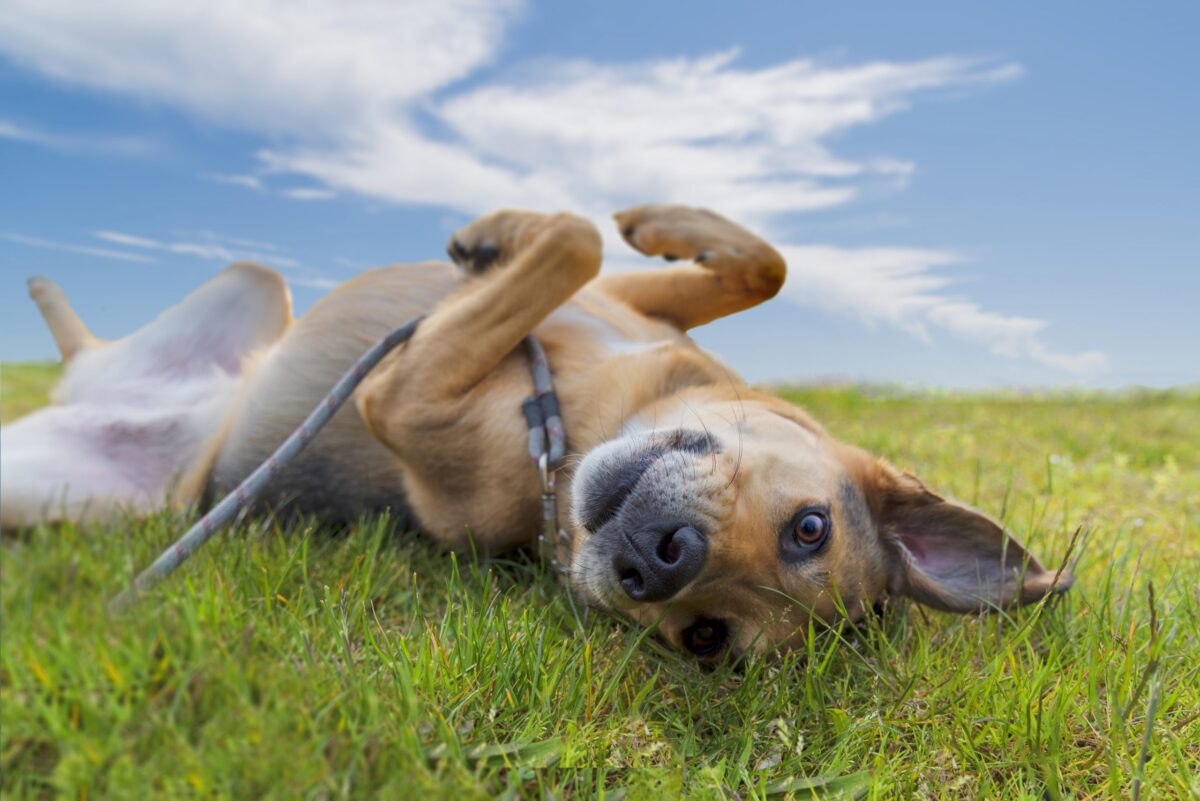 Shutterstock
Shutterstock
Another reason dogs roll in smelly things is to cover up their own scent. In the wild, masking their own smell was an essential survival tactic. By moving in strong odors, they could hide their presence from predators or other animals that might pose a threat. While domesticated dogs no longer need to worry about being hunted, this instinct remains. Covering their natural scent with a stronger one allows dogs to feel more secure and safe, even if the modern-day threat isn’t as pressing as it was for their ancestors.
Cooling Off
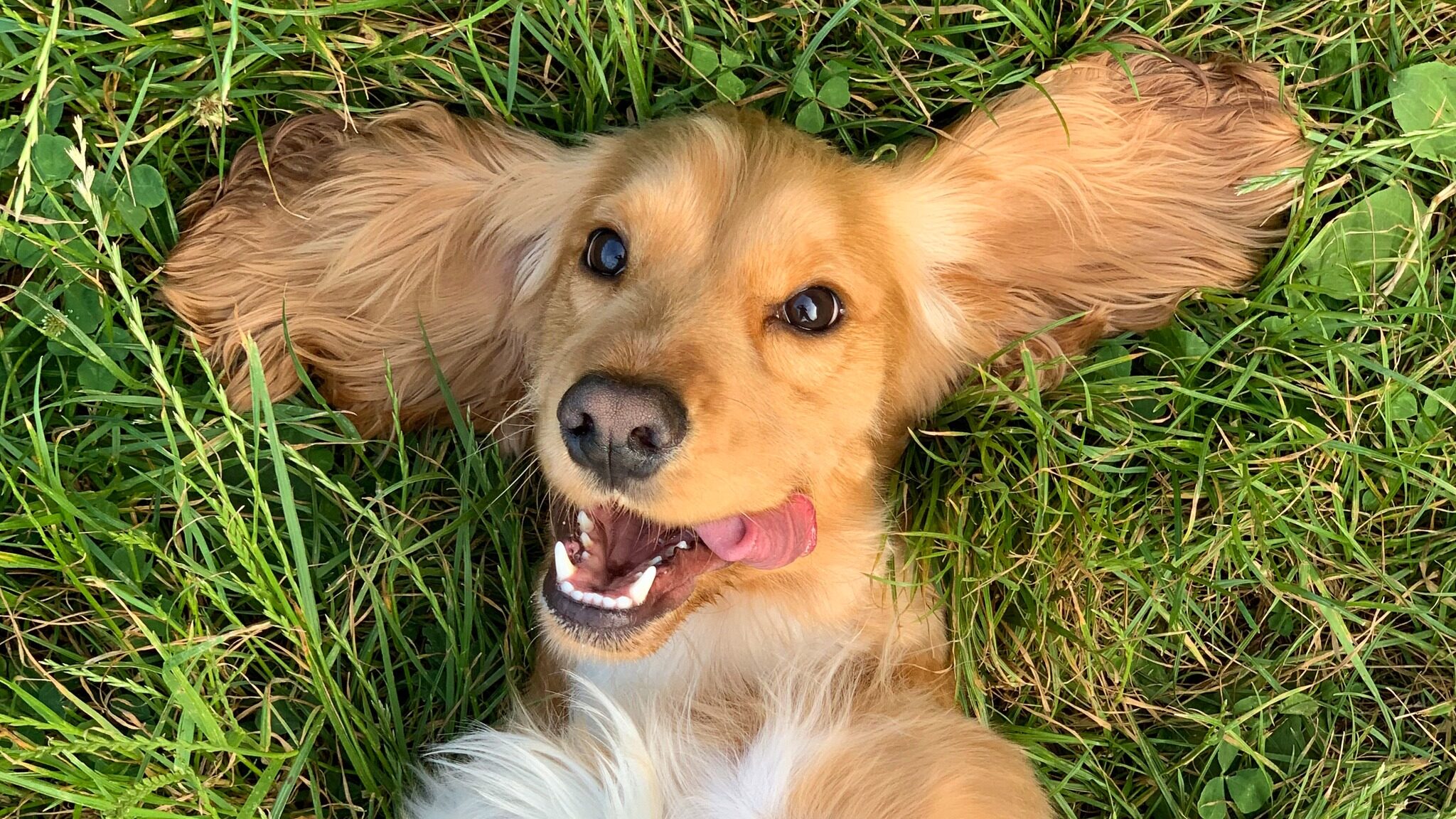 Shutterstock
Shutterstock
Dogs don’t sweat like humans do; sometimes, rolling in damp or smelly materials is a way to cool off. Hot dogs may roll in mud, wet grass, or even decaying organic matter to help regulate their body temperature. The act of moving in these substances provides a cooling effect, which can make them feel more comfortable. While it’s not the cleanest method, it’s an instinctual behavior that helps them deal with heat and stay calm.
Mimicking Pack Behavior
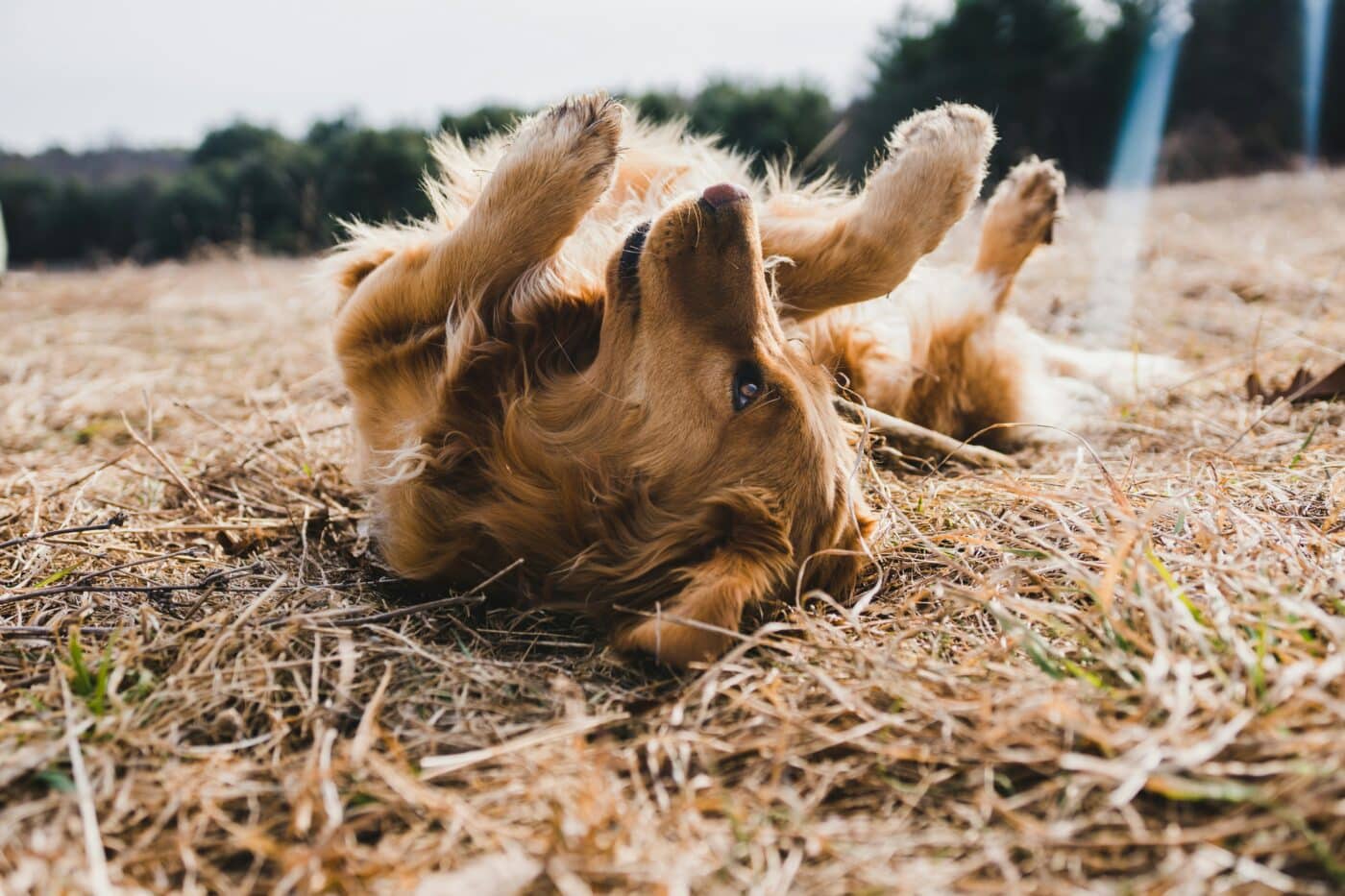 Shutterstock
Shutterstock
In a wild pack, dogs and wolves often follow the lead of the alpha or other pack members. If one dog starts rolling in something smelly, others may follow suit to mimic the behavior and bond with the group. Domesticated dogs, especially those in multi-dog households, may engage in this behavior because they see another dog doing it. It’s a way to strengthen social bonds and reinforce pack behavior, even though the act might seem undesirable to their human companions.
Acting Out of Excitement
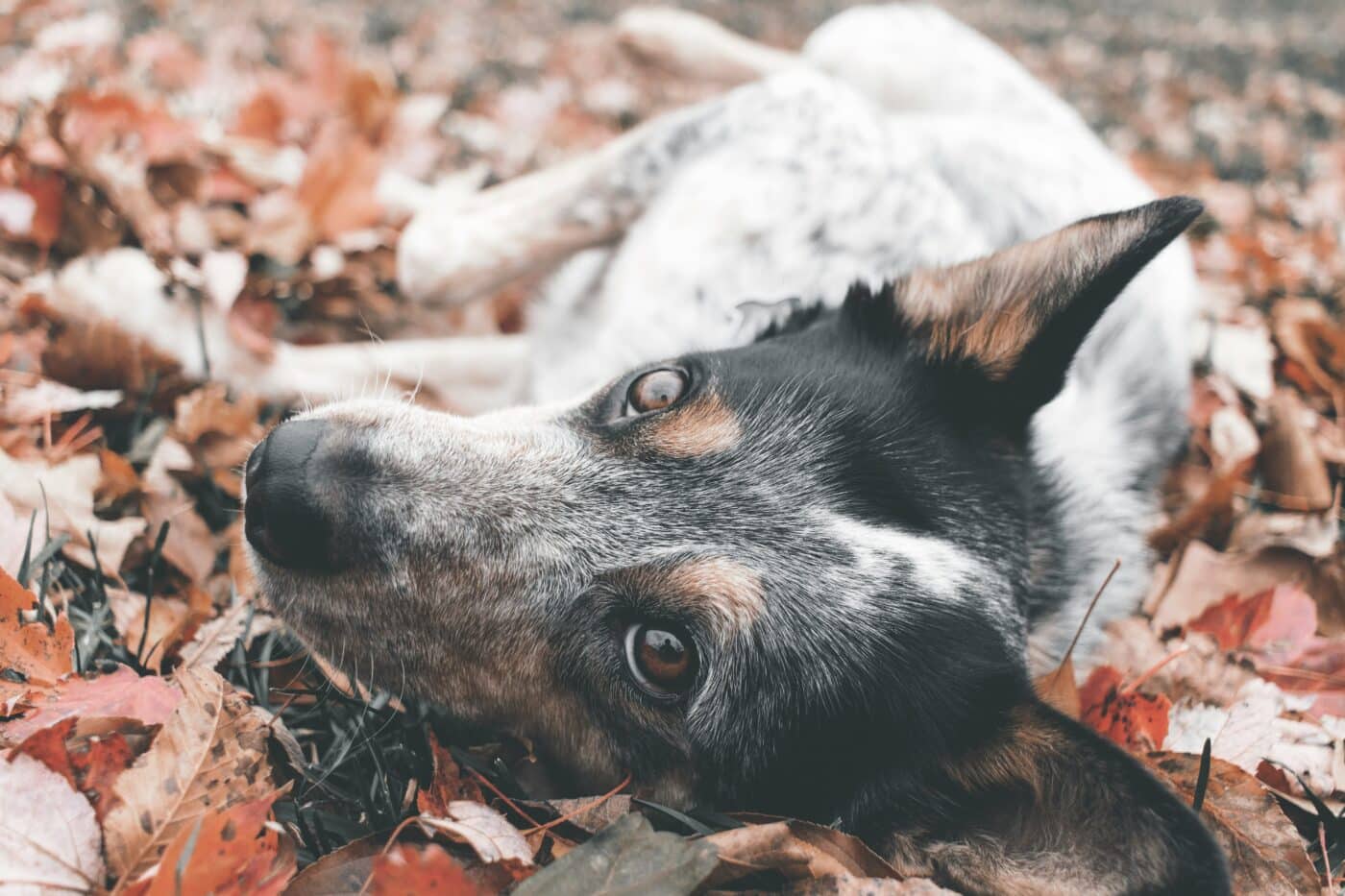 Shutterstock
Shutterstock
Sometimes, dogs roll in smelly things simply because they’re excited. Whether it’s the excitement of being outside, exploring new places, or the thrill of discovering a new scent, dogs can become overwhelmed with joy and engage in this behavior as a form of celebration. It’s their way of expressing excitement and enthusiasm, even if it involves getting covered in a foul smell. Rolling in strong scents can be a way for them to physically express their excitement, leading to this behavior occurring more frequently in outdoor or stimulating environments.
Enjoying the Texture
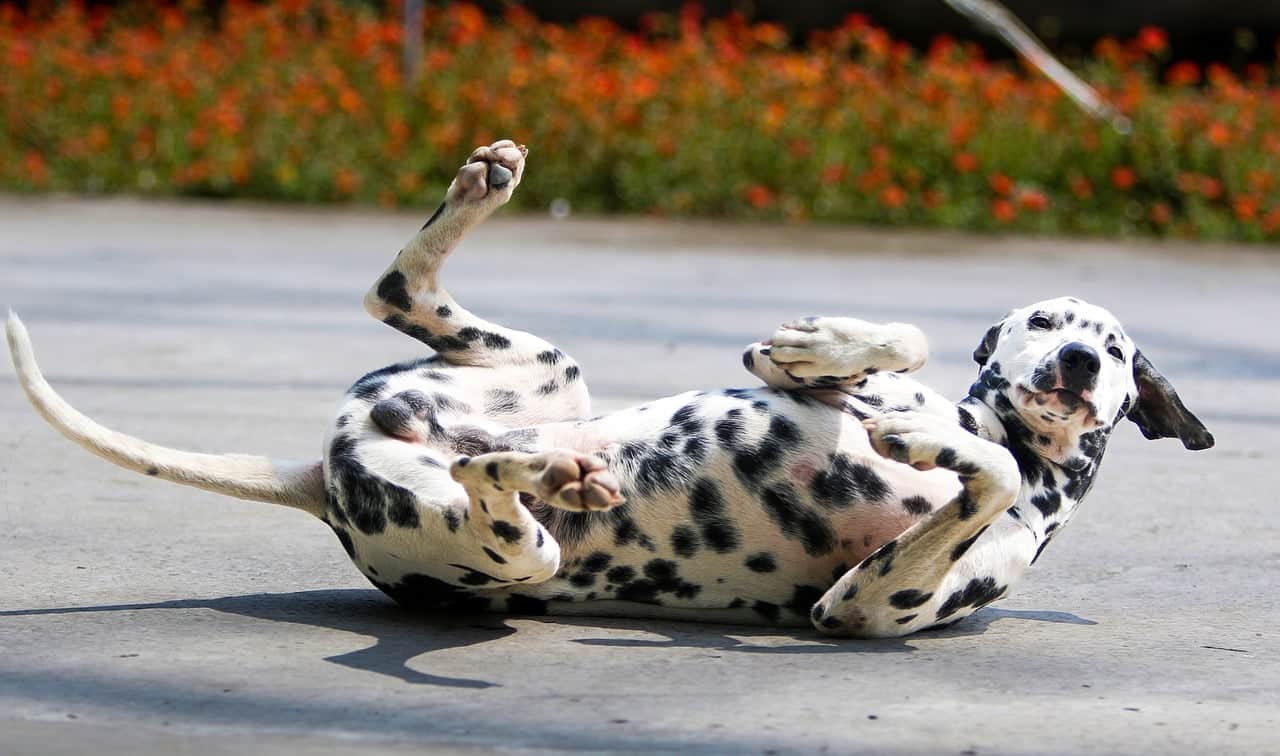 Shutterstock
Shutterstock
Dogs often enjoy different textures under their bodies, and rolling in smelly things may have more to do with how it feels than how it smells. Whether it’s mud, wet grass, or decaying organic matter, the physical sensation of rolling in something soft, squishy, or damp can be enjoyable for dogs. This tactile experience can be soothing or stimulating, depending on the substance. For some dogs, the texture of what they’re rolling in may be just as appealing as the scent, adding another layer to why they engage in this behavior.
The Fascination Behind Rolling in Smelly Things
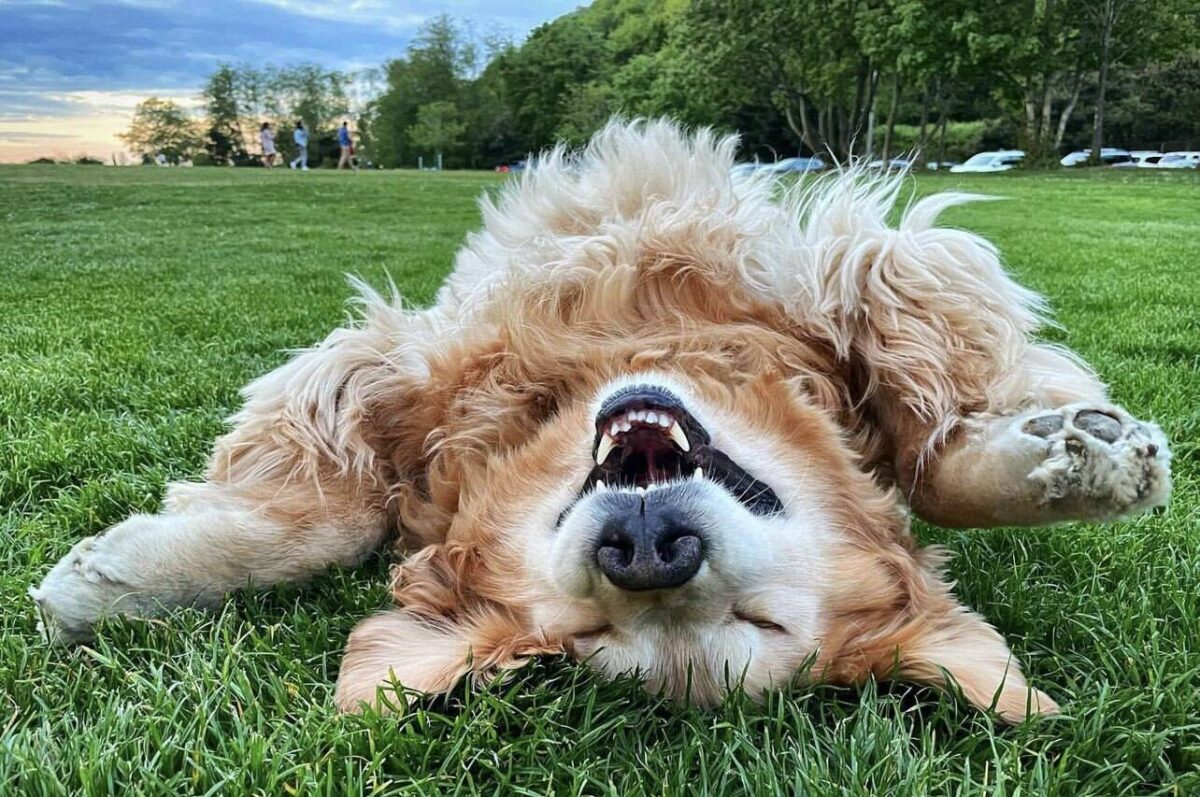 Shutterstock
Shutterstock
Dogs’ habit of rolling in smelly things stems from a mix of instincts, curiosity, and sensory preferences. Although this behavior may be unpleasant for owners, it is deeply ingrained in their natural tendencies and serves various purposes, such as masking their scent, engaging with their surroundings, or simply enjoying an odor they find appealing. Understanding why dogs do this can help pet owners better manage and accept it as part of their instinctual nature. Embracing this behavior fosters a deeper bond and allows for a more harmonious relationship.

 1 month ago
14
1 month ago
14

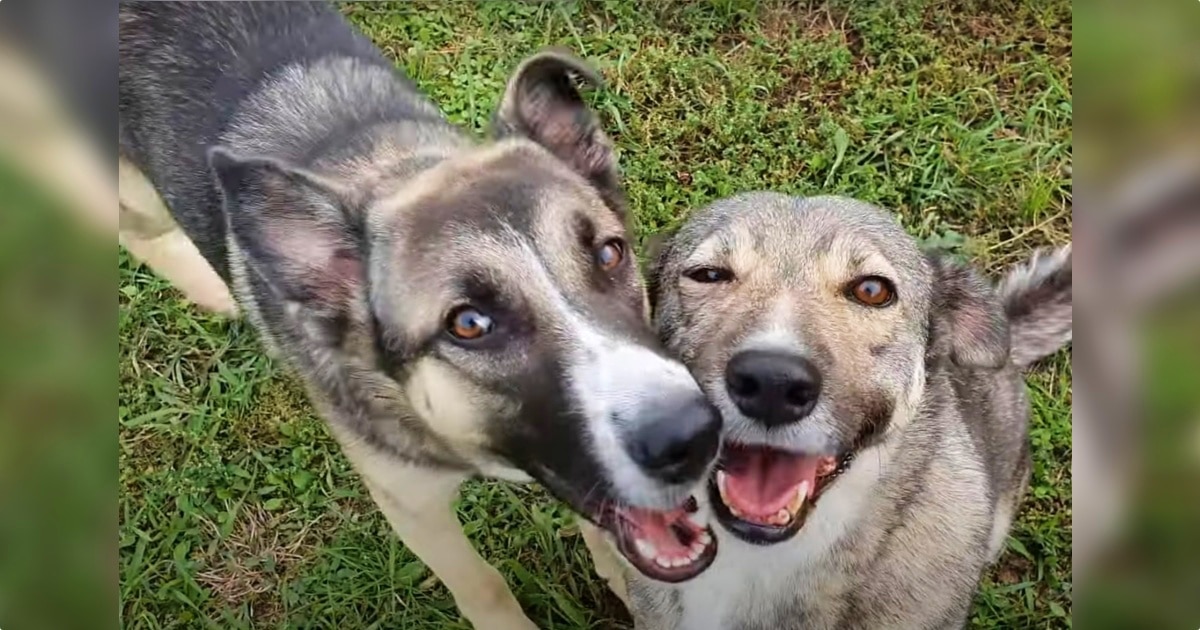
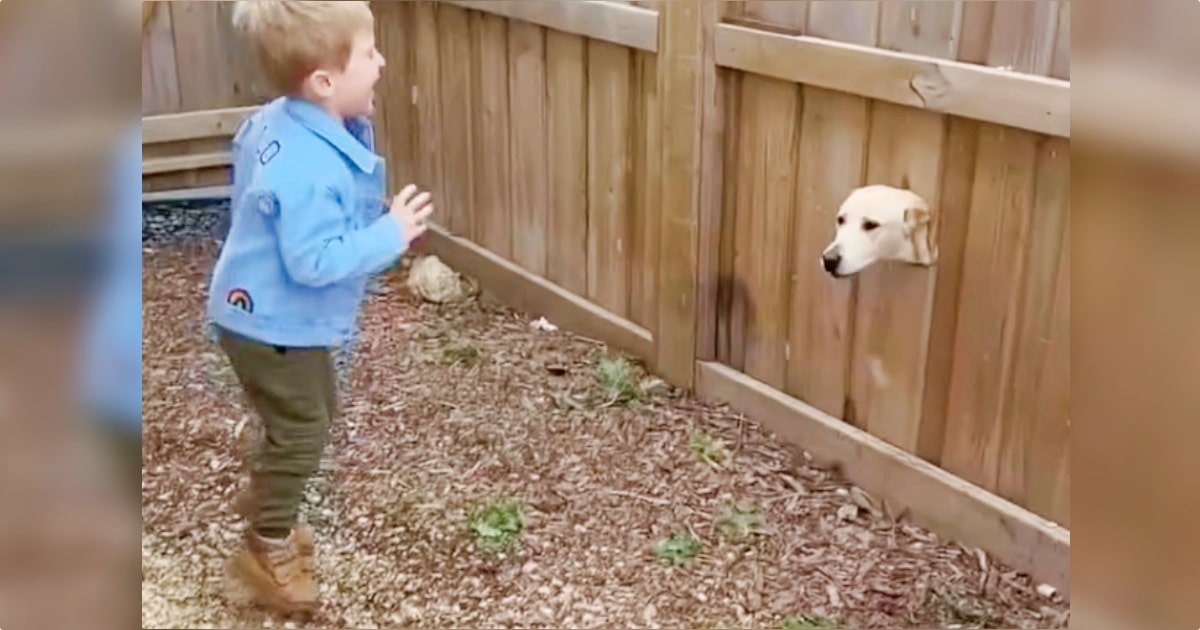


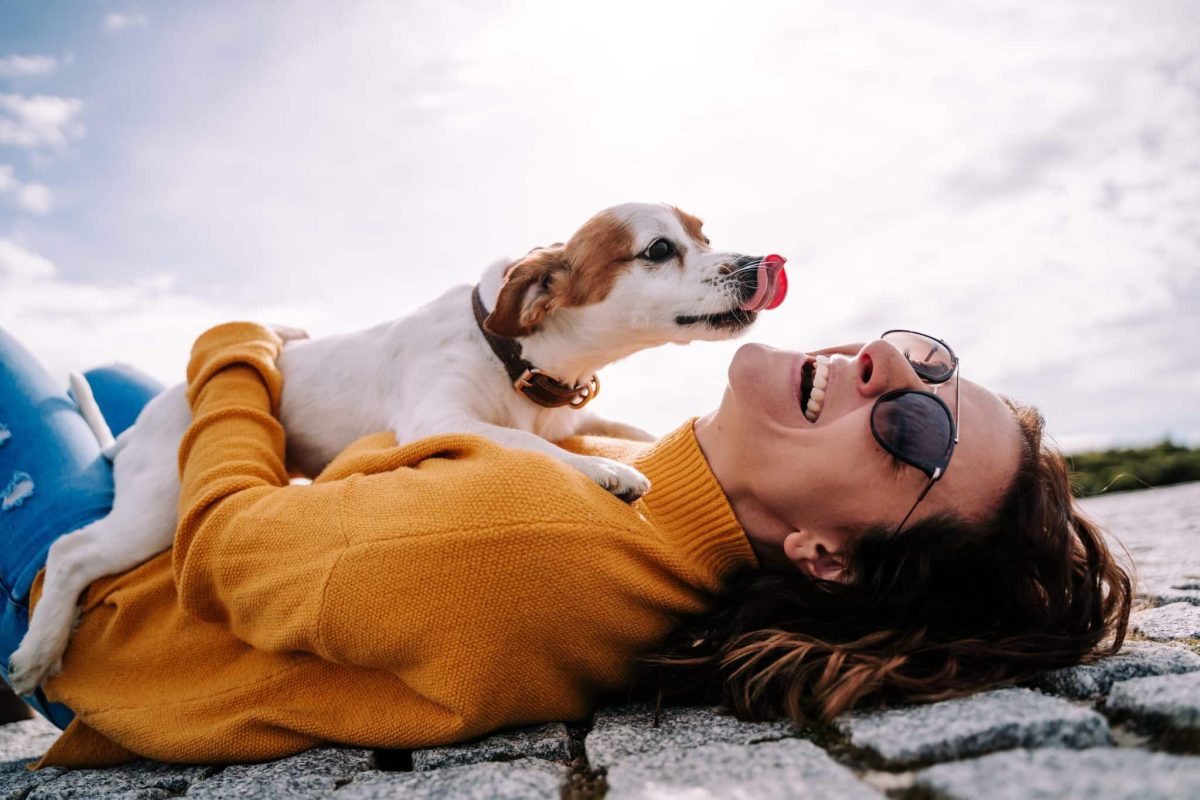
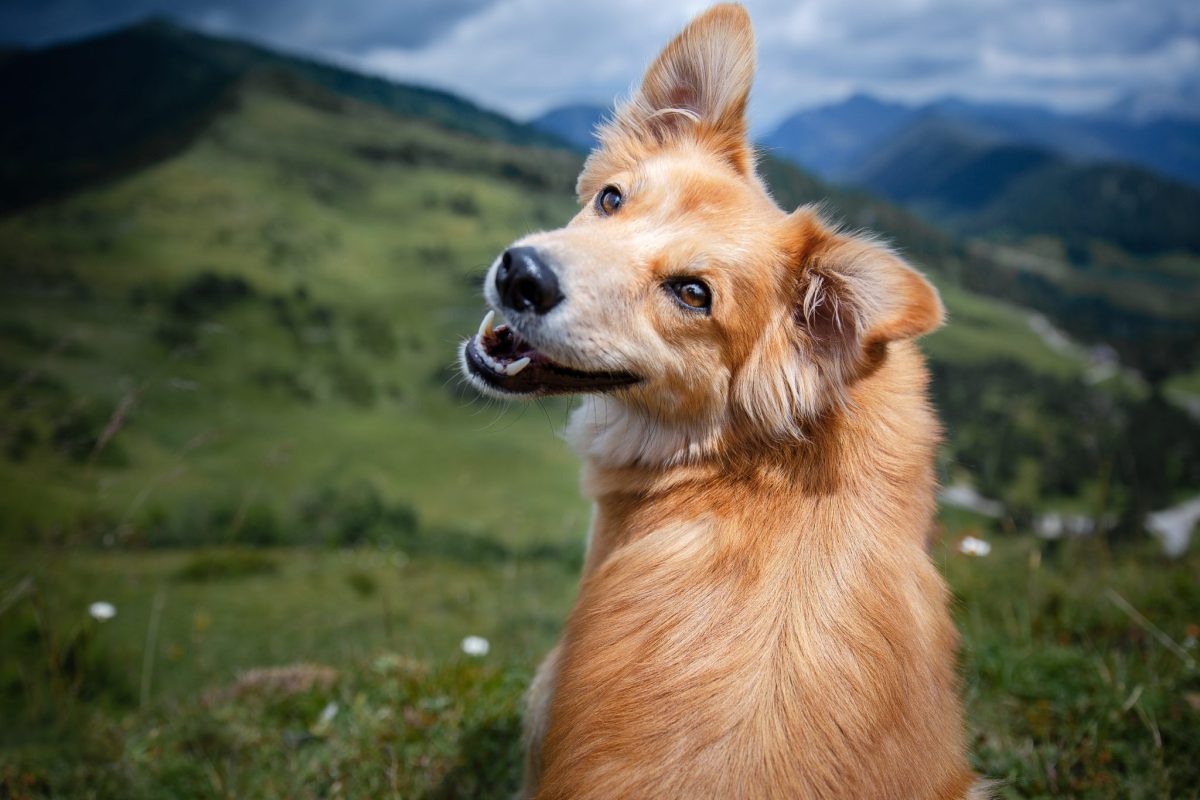
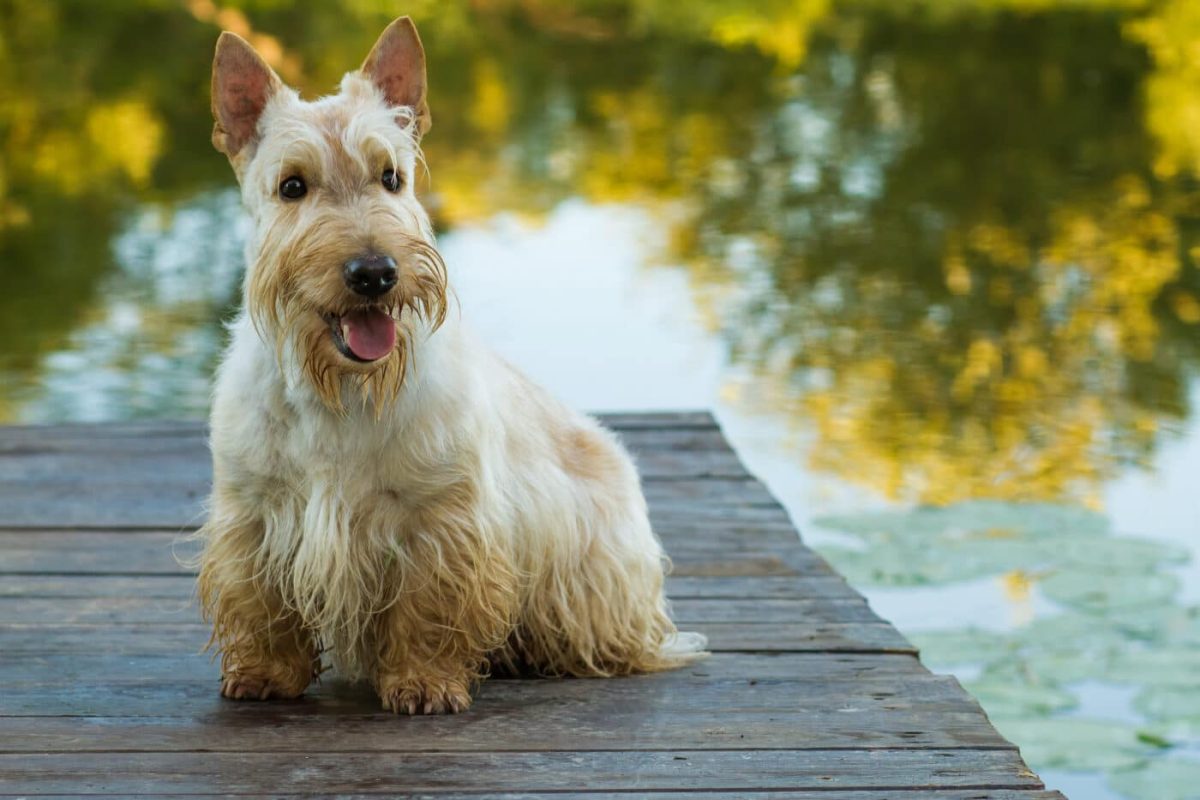
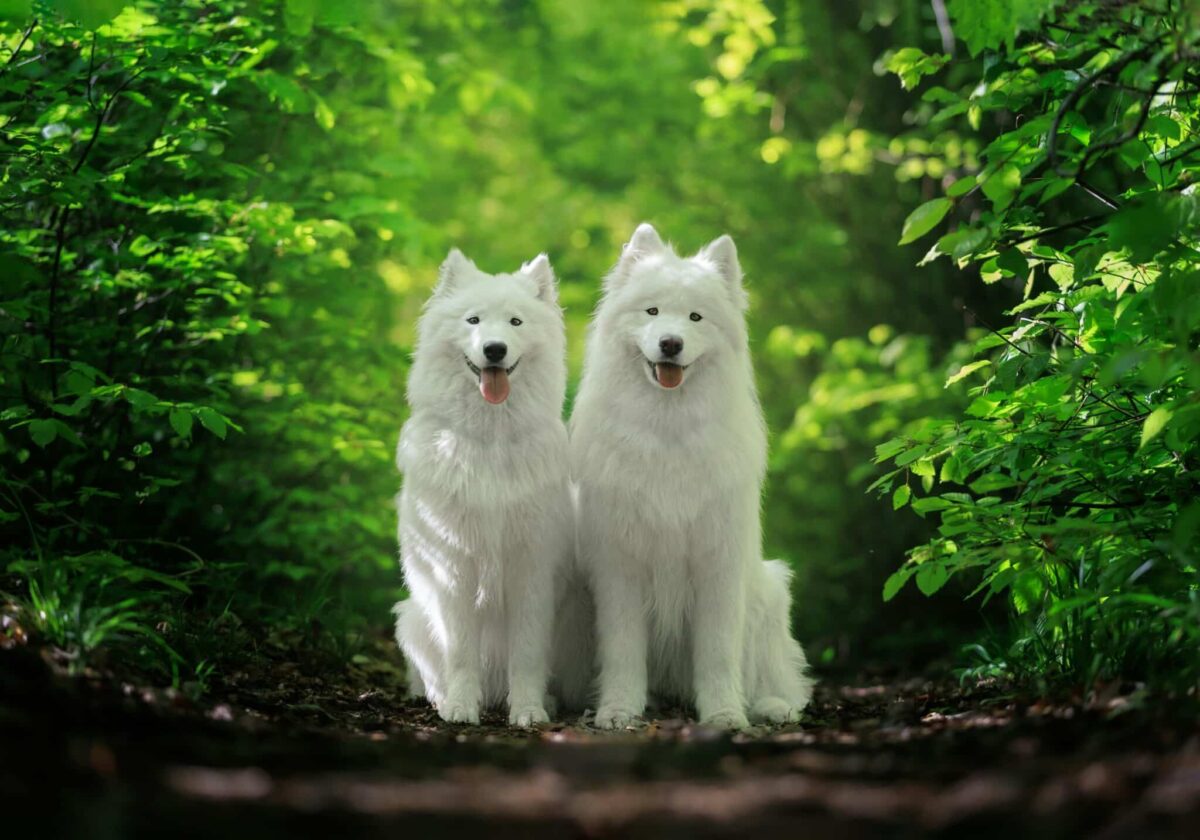
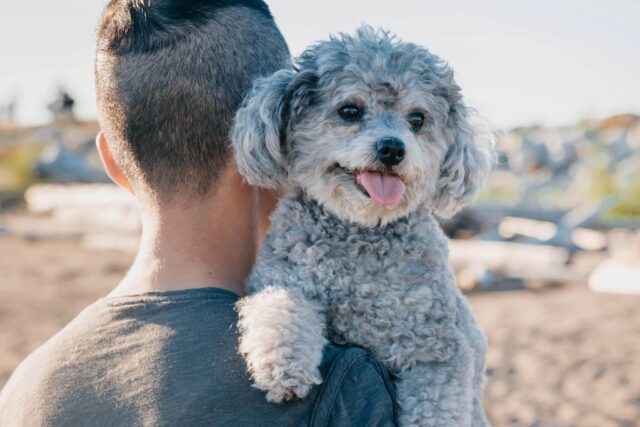
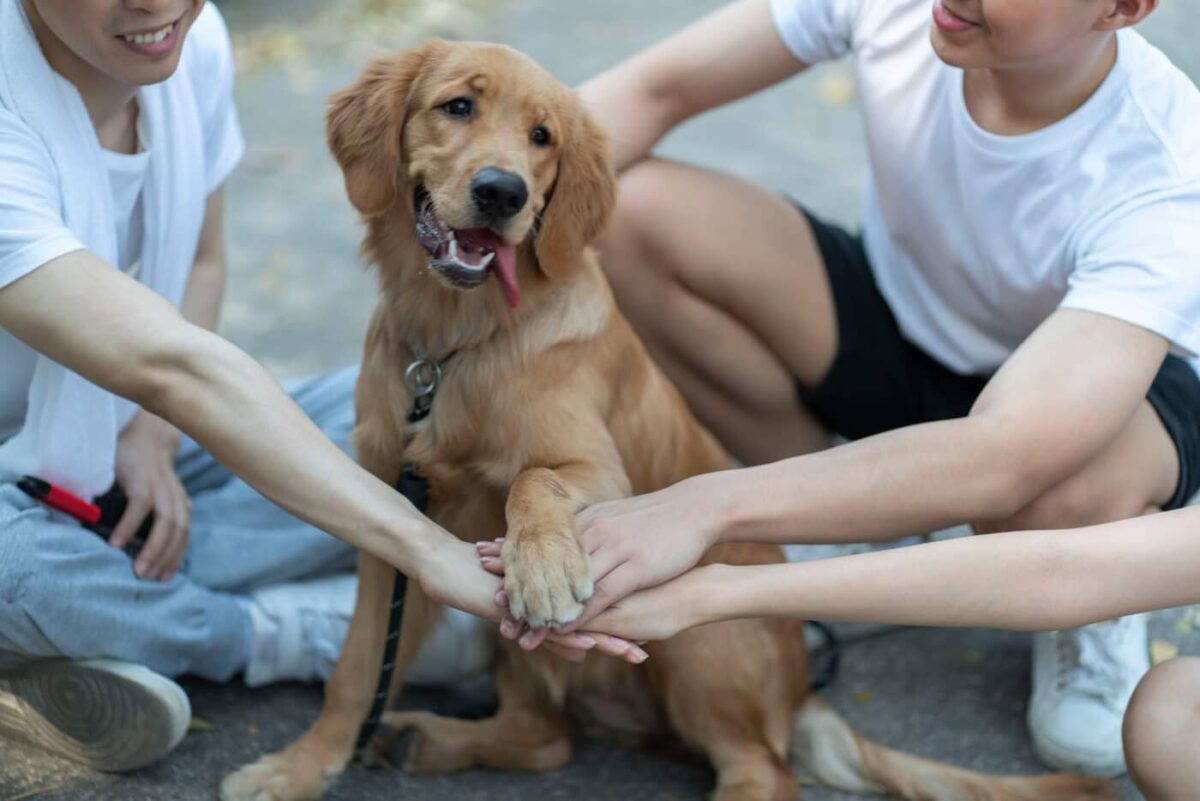
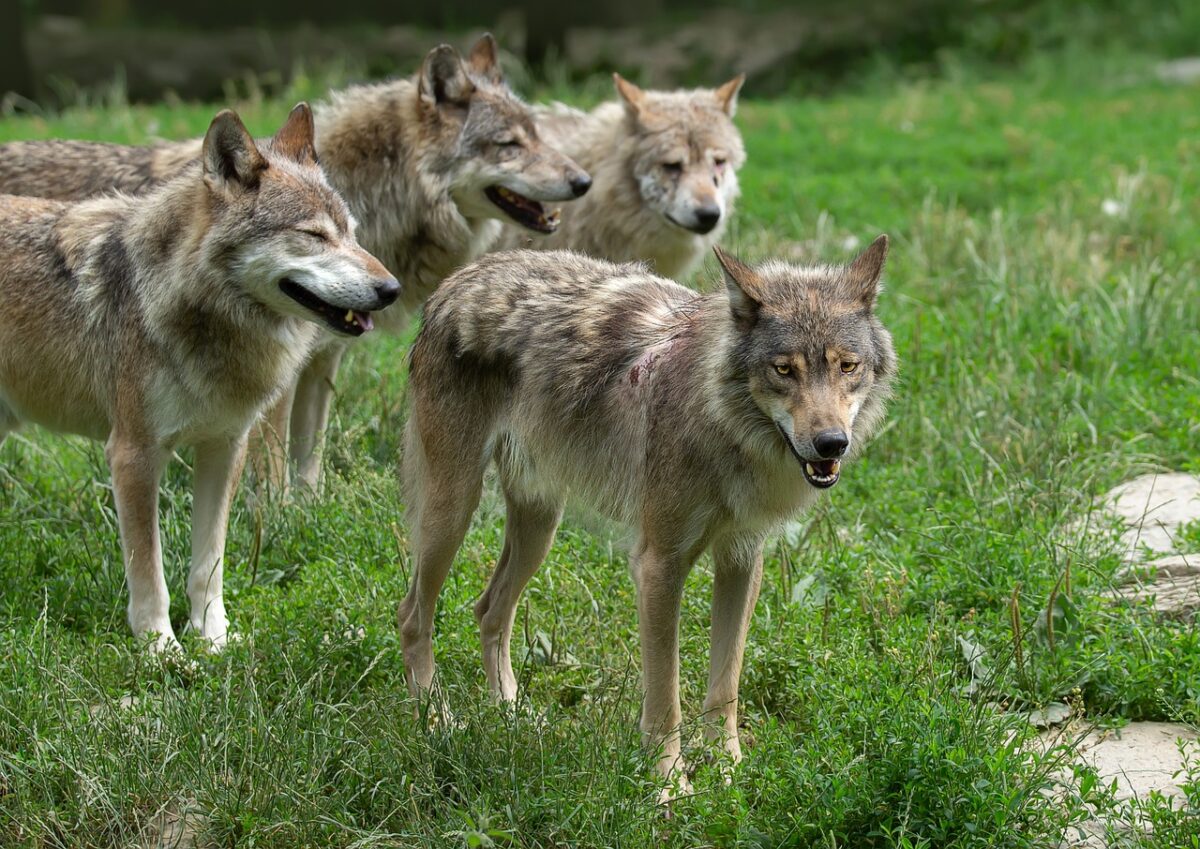
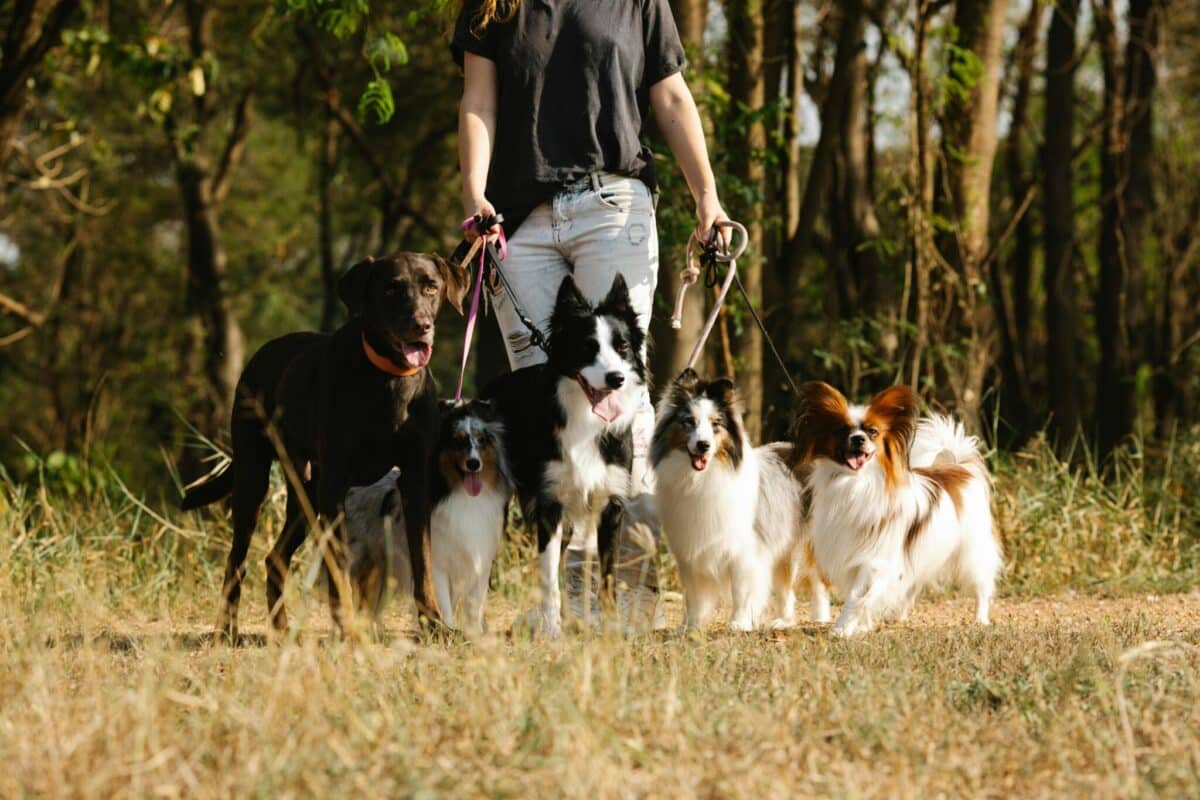

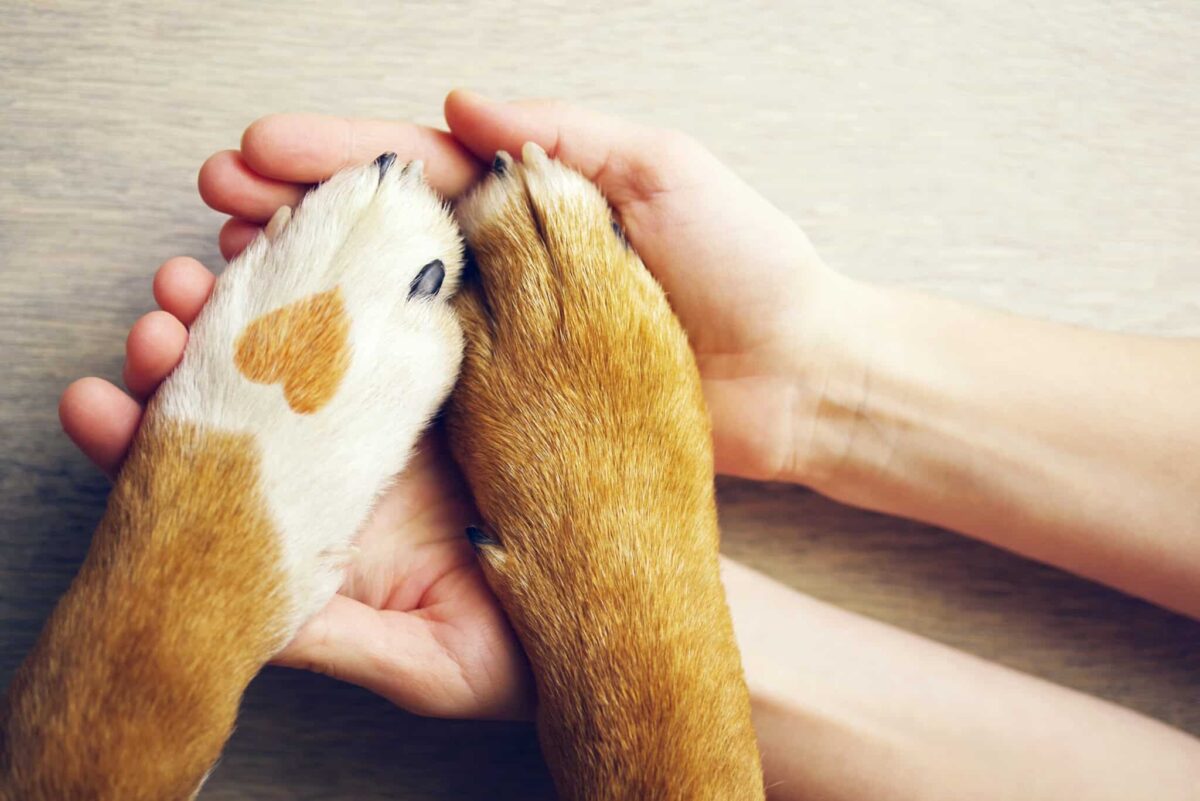

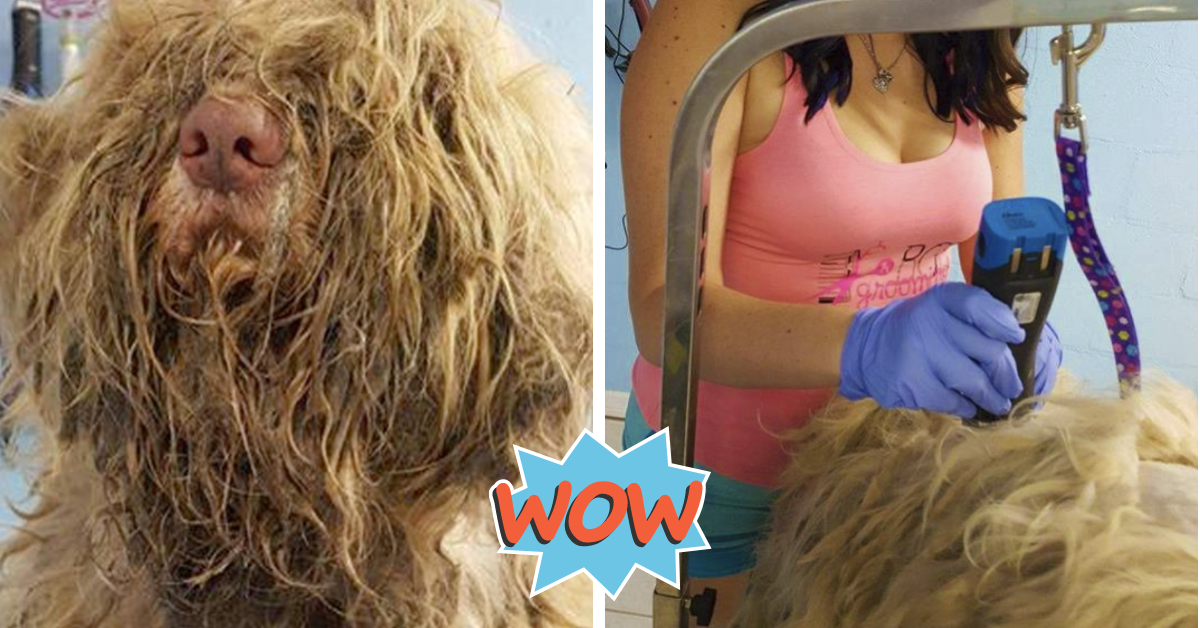
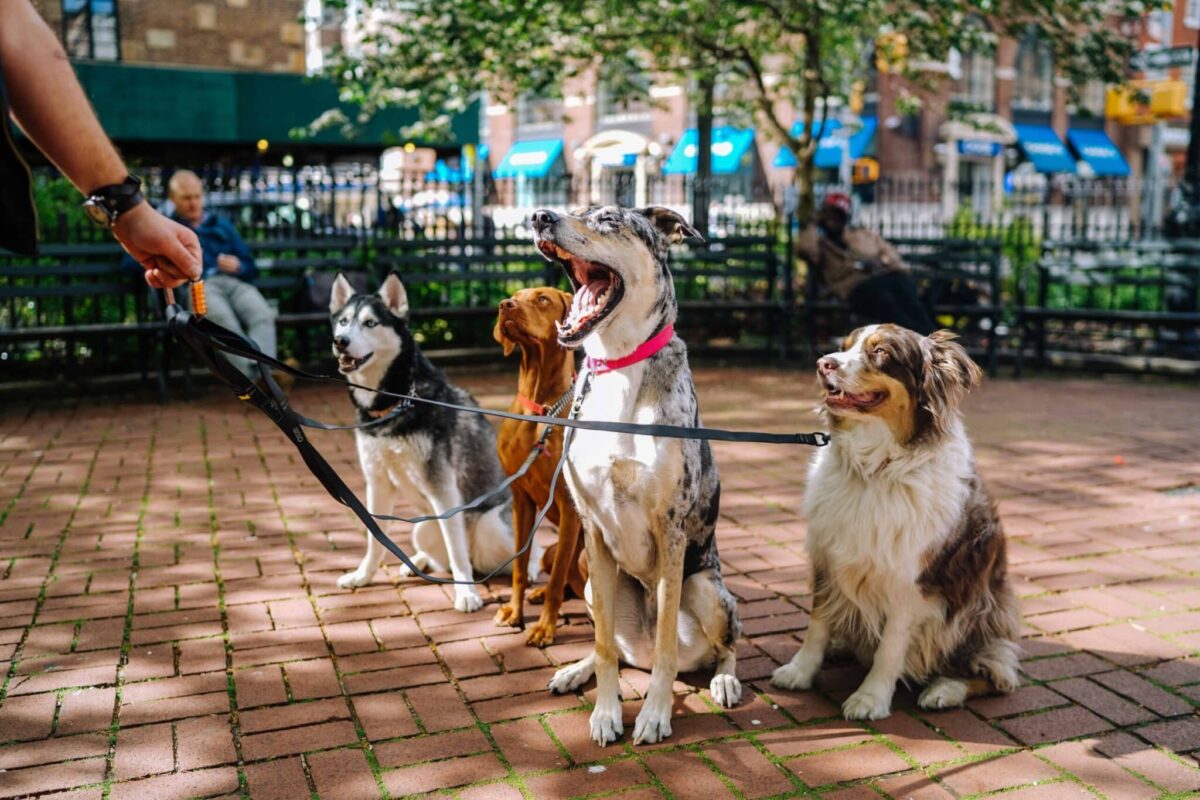
 English (US) ·
English (US) ·